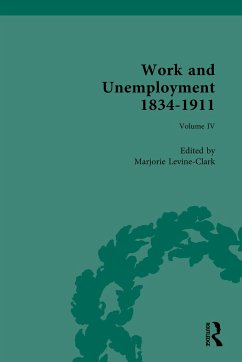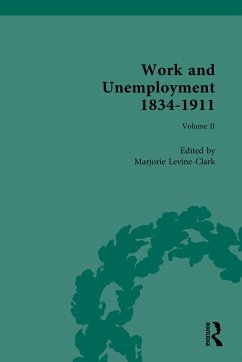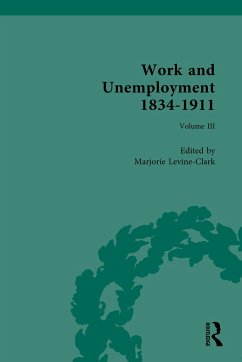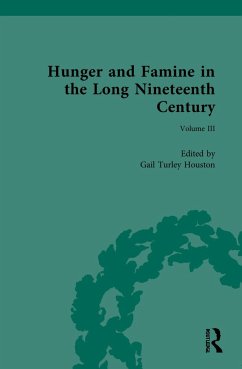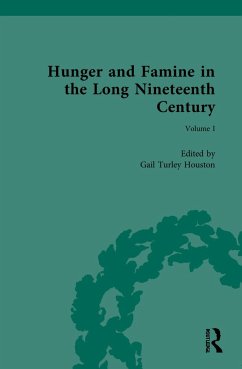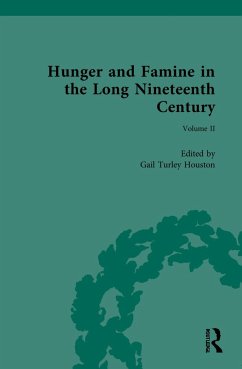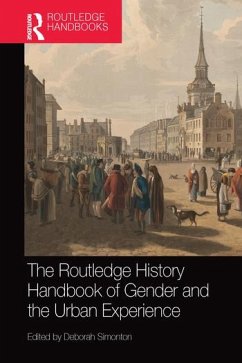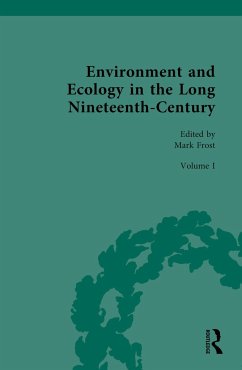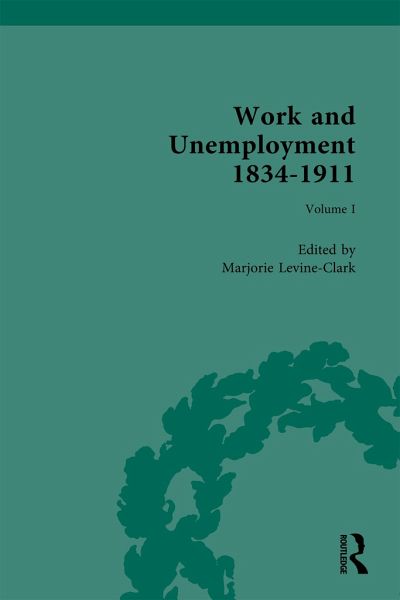
Work and Unemployment 1834-1911
Versandkostenfrei!
Versandfertig in 6-10 Tagen
138,99 €
inkl. MwSt.
Weitere Ausgaben:

PAYBACK Punkte
69 °P sammeln!
This volume examines the ideals and experiences of work during the long nineteenth century. The meanings attached to work had resonance in multiple aspects of people's lives, and the sources consider this breadth. The primary sources examine the association of work with respectability, the challenges industrialization posed to men's traditional labour and identities, and the pressures placed on working women by the increasingly normative domestic ideal. Accompanied by extensive editorial commentary, this volume will be of great interest to students of British History.




